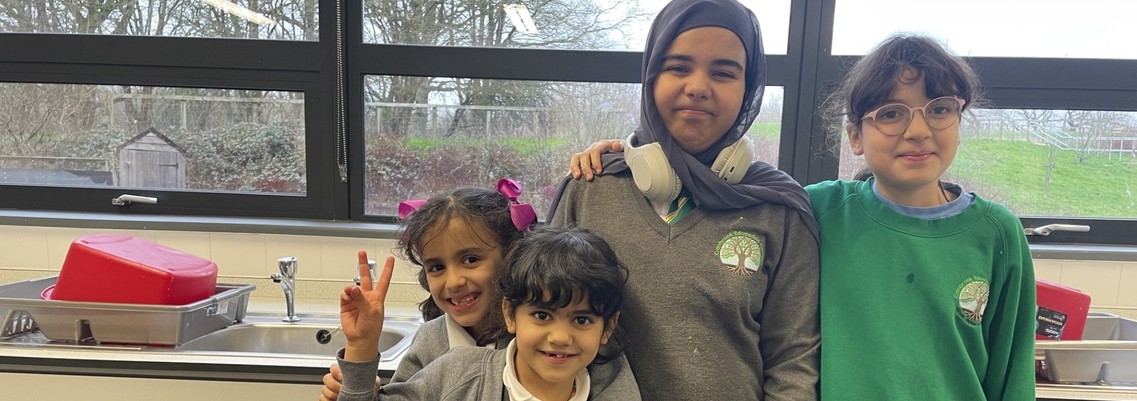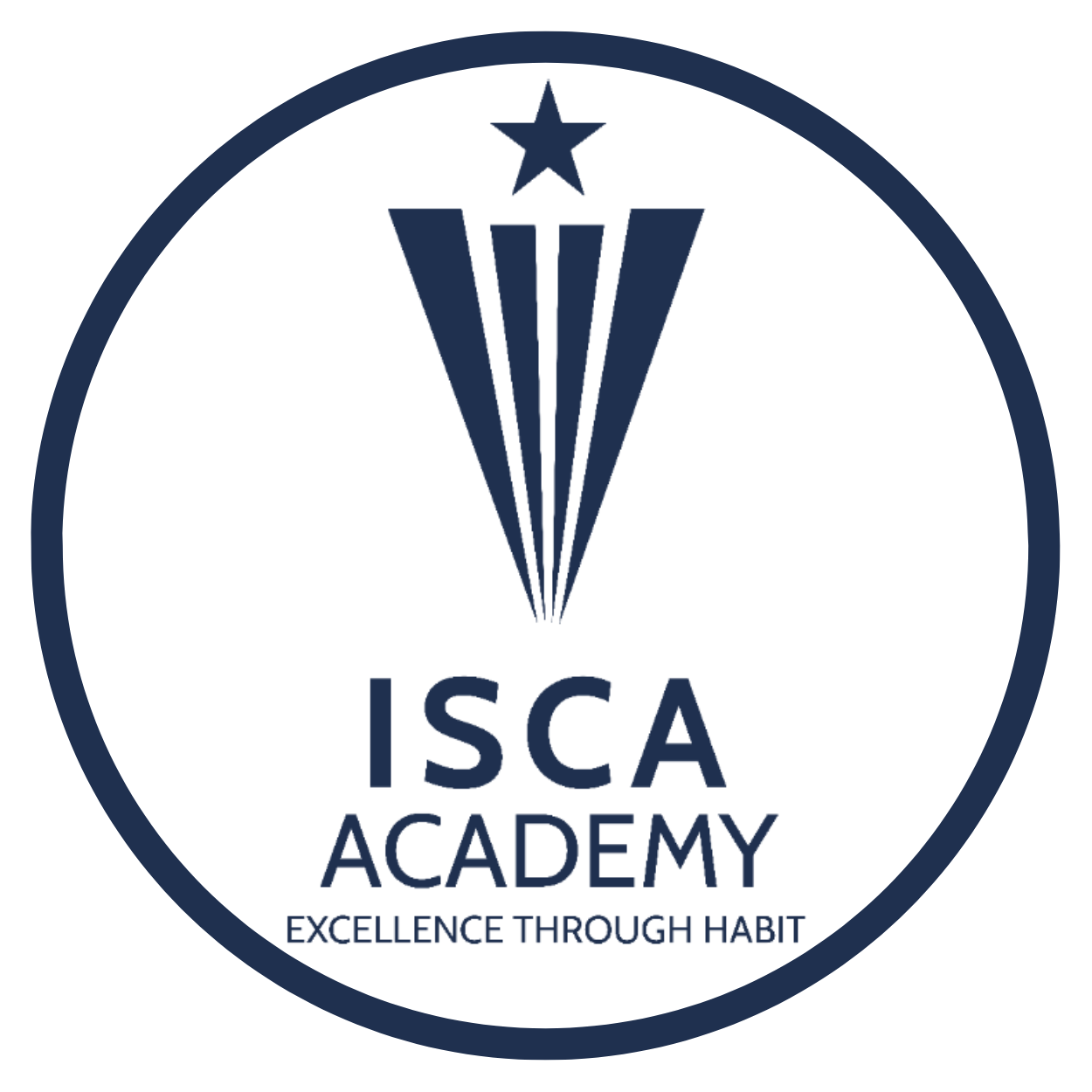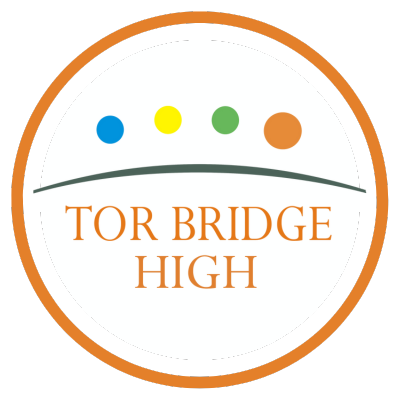Cranbrook Education Campus helped settle over 100 refugee pupils

Today (20th June) is World Refugee Day, an event organised by The UN Refugee Agency to champion the rights of refugees to seek safety, build support for their economic and social inclusion, and advocate for solutions to their plight.
A big part of this is the role education can play in helping children not only have the chance to learn and succeed in their future but to feel safe and secure in a new environment – something which helps their parents settle too.
This is something that Cranbrook Education Campus (CEC), with support from the Ted Wragg Trust have been actively involved in over the last seven months working to support 104 families seeking asylum who were originally relocated to a hotel in East Devon.
While we don’t claim to have all the answers, Stephen Farmer, Head of Campus at Cranbrook Education Campus, part of the Ted Wragg Trust explains some of the ways in which we have worked with these pupils and their families and where we have seen a positive impact.
- An integrated hub
CEC has a community support hub called EX5 Alive that works alongside the school to help improve the quality of life for children, young people and families in Cranbrook and East Devon.
As such when families seeking asylum started arriving in the area, both the school and the hub leapt into action to provide them with integrated community support.
For example, working with the hub and East Devon District Council (EDDC), we appointed an English as an Additional Language (EAL) Refugee Coordinator as a liaison for all pupils and their families seeking asylum.
The role has given pupils a familiar adult to liaise with and provided them with someone they feel supports and listens to them.
While not every school will have a community hub on site, what it shows is that having close connections with other agencies such as the local council, is vital to provide an integrated support approach, rather than operating in silos.
- Uniform needs
It’s so important these children feel they are part of the school and the local community so we ordered and distributed uniforms on their behalf.
We made sure that all pupils had all the uniform and equipment they needed before starting school.
- Teacher training and translation
We have also trained 28 teachers so far on the impact of having an EAL friendly classroom and also given them support on how best to help EAL learners.
Furthermore, translating documents for pupils and their families has also been important, we have translated over 1000 documents, including classroom materials and documents for parents evenings.
- Health support
Ensuring refugee children get the health and wellbeing support they need is also key.
From sexual health matters to vaccines, we have supported pupils with whatever they need. We have even arranged for pupils to be transported to and from medical appointments with a translator.
- A welcoming home
Of course settling refugees from diverse communities into a rural setting can generate particular challenges and we made efforts to ensure that pupils’ religious requirements were supported by providing a place for prayer.
We also worked with local places of worship who provide donations for the refugee families so they can build connections in the local community.
We also run cooking activities after school giving our pupils seeking asylum the opportunity to cook meals of their choosing with the ingredients provided.
We have also worked to welcome them to Britain too and introduce them to our culture, such a school trip to the pantomime and taking part in events like sports days.
You can find further information on this as reported by TES Magazine here.


















